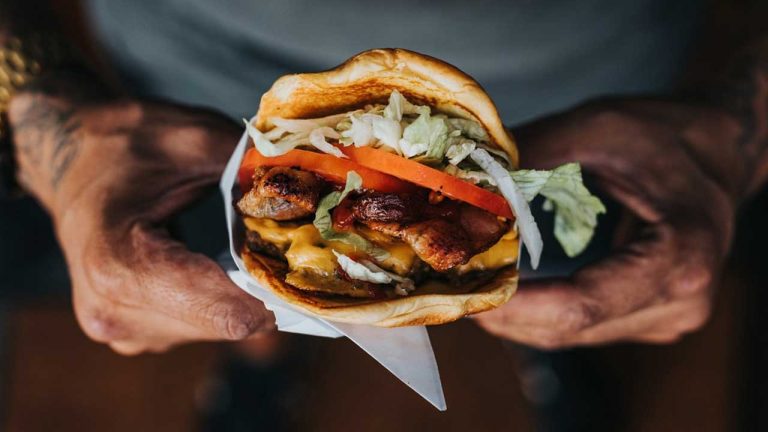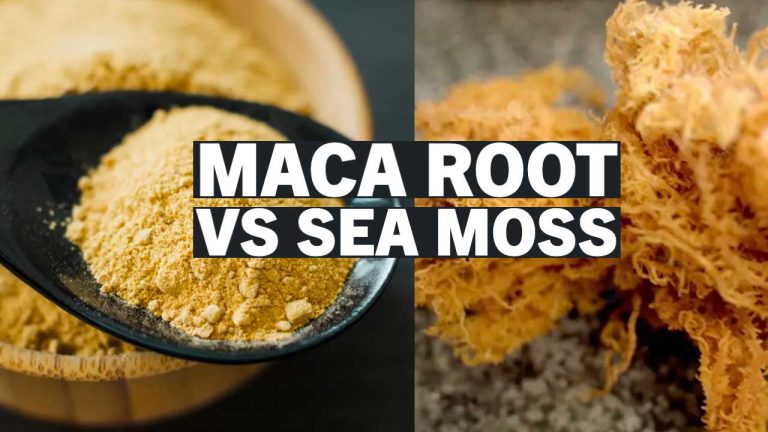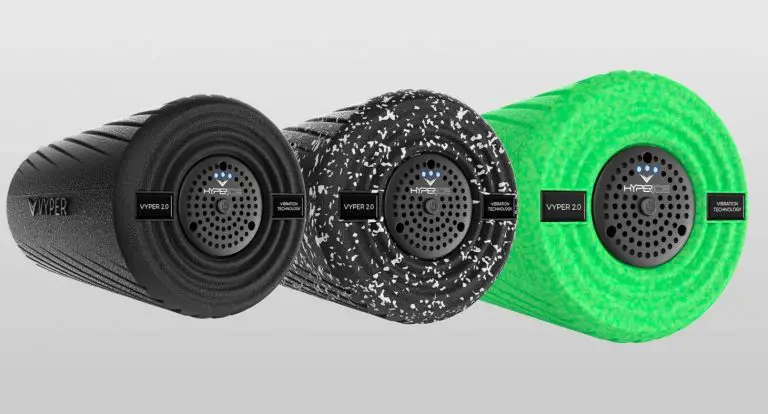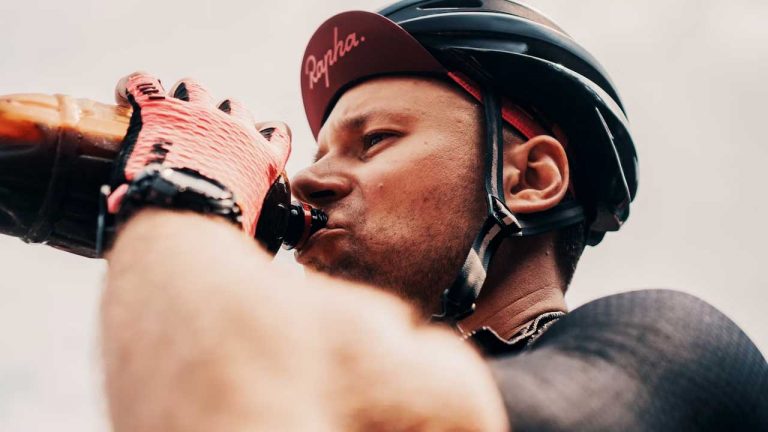Struggling To Eat Enough Protein? – Basic Bulking Struggles Solved
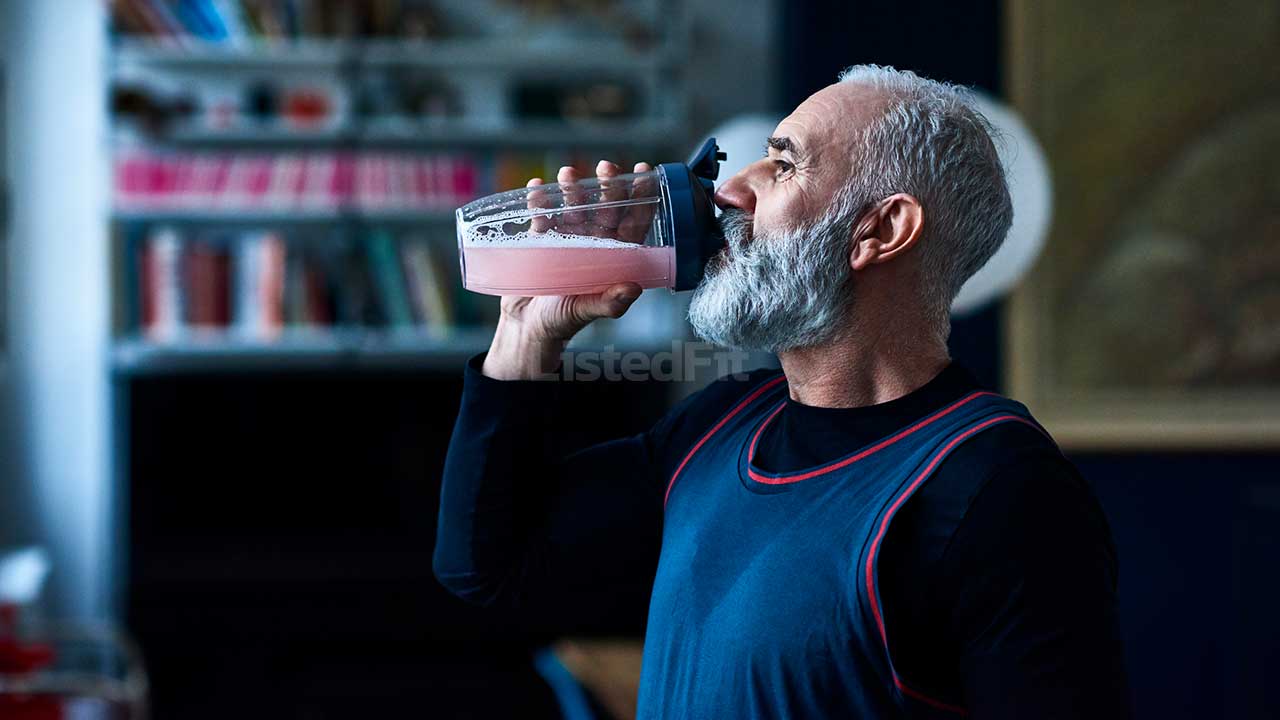
ListedFit is reader-supported. When you buy through links on our site, we may earn a small commission.
The struggles of bulking up hit us all in our journeys. One of the biggest mistakes people make when bulking up is having the wrong mindset. We often think we can bulk up overnight. Some people think they do not have to make major lifestyle and diet changes.

When bulking up, you will not gain ten pounds of muscle overnight. Even hardcore lifters can’t manage it. Gaining muscle takes a lot longer than gaining fat. You must monitor your diet and training weekly to ensure you reach success. But what happens if you suddenly struggle?
We’ve all been there! You think your diet is on point, only to find out the gains just aren’t coming. Protein is your best friend for bulking, but the struggle can be real when you cannot seem to get enough.
I am here to discuss common problems such as struggling to eat enough protein and help get you back on track with your transformation. Let’s work to make those struggles a launching pad for your success.
Table of Contents
- I’m Struggling to Eat Enough Protein
- How Much Protein Is Enough When Bulking Up?
- I’m Struggling to Eat Enough Calories to Bulk Up
- I’m Struggling to Eat Enough Protein as a Vegan
- I’m Struggling to Get Enough Calories, But I’m Not Hungry
- I’m Struggling to Get Enough Protein Without Powder -Tips & Techniques
- Your Struggles Do Not Define You!
I’m Struggling to Eat Enough Protein
Protein is of course essential for gaining muscle. While there are other factors in muscle growth, protein is going to be one of the most integral ones. What happens when your protein levels are not high enough? What are the signs?
For those struggling to eat enough protein, let’s discuss some symptoms you may experience with low protein intakes first, and then we will delve into what it causes and how to fix the problem.
- You feel hungry soon after eating a meal.
- You are retaining fluid.
- Your muscle gain has stalled.
- You are losing muscle mass and strength.
- Your skin feels irritated, and wounds do not heal as fast as they should.
- You may experience thinning hair.
- You always seem to feel sore.
Does any of this sound familiar? To build muscle, your body is going to need to synthesize more protein than it breaks down.
How Much Protein Is Enough When Bulking Up?
If you’re struggling to eat enough protein, you must know that you are going to need at least 1-2 grams of protein per pound of your body weight. It’s especially important to get this much in during the first few months because you are breaking down muscle fibers and rebuilding.

Protein helps you build back bigger and better. The key times to consume protein are at breakfast, after training, and at bed.
Depending on your body weight, aim for around 50 grams of protein at each meal. Add protein choices to snacks and easily up your daily intake. The following offers some tips that can help you increase your protein intake without a lot of stress.
- A large egg contains 6 grams of protein. Consume four to five a day, depending on your diet.
- A pound of beef contains 117 grams of protein. Beef is an excellent source of protein.
- One cup of cooked chicken contains around 43 grams of protein.
- One cup of milk contains 8 grams of protein, and it can help you bulk up based on calories.
- Three ounces of salmon contain up to 17 grams of protein.
With the numbers above, it would not take much to get your protein intake where it should be for bulking. You just need to plan accordingly. Use a food tracker to ensure you are counting every gram of protein for the first couple of weeks if you are struggling to eat enough protein. After a couple of weeks, you’ll get the hang of it and won’t really need to record every single meal as you did at the start.
I’m Struggling to Eat Enough Calories to Bulk Up
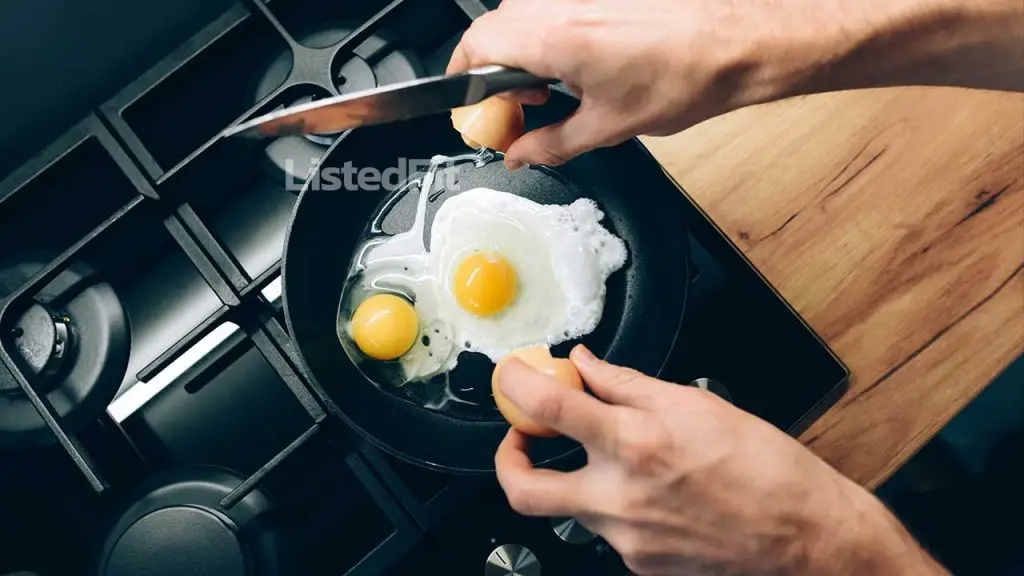
If you are in a bulking-up phase, you are going to need to consume more calories than your body needs. Often, this is a struggle.
To ensure you are getting enough calories, you need to determine your daily weight maintenance needs. This is the number of calories you would need to maintain your current weight.
To bulk, you are going to need to consume 10-20% more calories per day. For the average person, this means adding between 300 to 600 calories a day. For many people, this can become a genuine struggle.
If you are eating too few calories, you could cut your muscle growth in half. You may not even gain muscle. I’ve found many hardgainers, myself included, stay on their goals more consistently by logging their foods. Countless apps make the work easy.
These are my tips for increasing your calorie intake when you have little appetite.
- Work towards progressively increasing your caloric intake each week. It doesn’t have to all come at once.
- Avoid eating too much fiber or fat because these are more filling and will cause you to stay full longer.
- Eat more frequently. It will surprise you how many calories you can get in by eating small meals throughout the day.
- Add high-calorie shakes to your meals.
- Healthy oils are a good way to increase your calories.
- Cut out the junk as much as possible. Eat lean sources of meats and seafood.
You will not be perfect in your calorie intake at first, and there will be times you struggle. We all do. Try to remain as consistent as possible, and up your caloric intake slowly. If you are really struggling, a heaping spoon of peanut butter can give you around 150-200 calories.
I’m Struggling to Eat Enough Protein as a Vegan
If you’re struggling to eat enough protein as a vegan, while it is, undoubtedly, a challenge to get adequate protein as a vegan, it is not impossible.
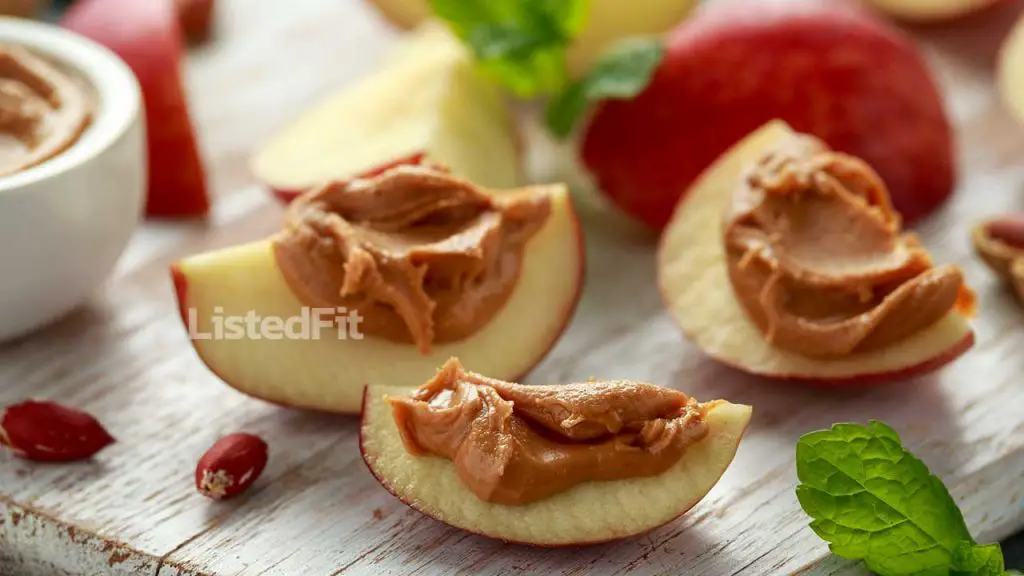
One of the biggest mistakes vegan hardgainers make is loading up on rice and pasta. While these provide plenty of calories, they lack high amounts of protein and make you stay full longer.
While bulking, your diet should consist of high-protein plant-based foods. Consider adding the following to your meal plan if you are struggling to eat enough protein as a vegan.
- Beans and legumes are your best friend as a vegan gainer. Edamame has the highest protein levels at 31.32 grams per cup. Lentils have 18 grams per cup.
- Tofu is another excellent addition. This soy product contains around 10 grams of protein per ½ cup serving.
- Vegan hard gainers must add quinoa to their diets. Unlike many plant-based protein sources, quinoa is a complete protein, which means it contains all nine of the essential amino acids.
- Spirulina is an excellent source of protein and can be added to shakes and smoothies. It packs 64 grams of pure protein per one cup serving.
- Peanut butter and nut kinds of nut butter can help you up your protein intake. Peanut butter has around 8 grams of protein per ounce. Just be sure to read the labels for non-vegan ingredients. Better yet, roast and grind your own!
I’m Struggling to Get Enough Calories, But I’m Not Hungry
Aside from struggling to eat enough protein is the problem of struggling to get enough calories.
A lack of appetite is one of the biggest challenges for hardgainers. One of the problems people have with appetite is their mindset. With a few behavior modifications and dietary changes, you can overcome having a poor appetite and can learn to increase your caloric intake even when your hunger seems to stay at bay.
To overcome low appetite and increase calories, you are going to have to eat more frequently. If your meals consist of breakfast, lunch, and dinner, you may struggle with calorie intake, especially if you are not that hungry. Training yourself to eat three meals and two snacks a day will help.
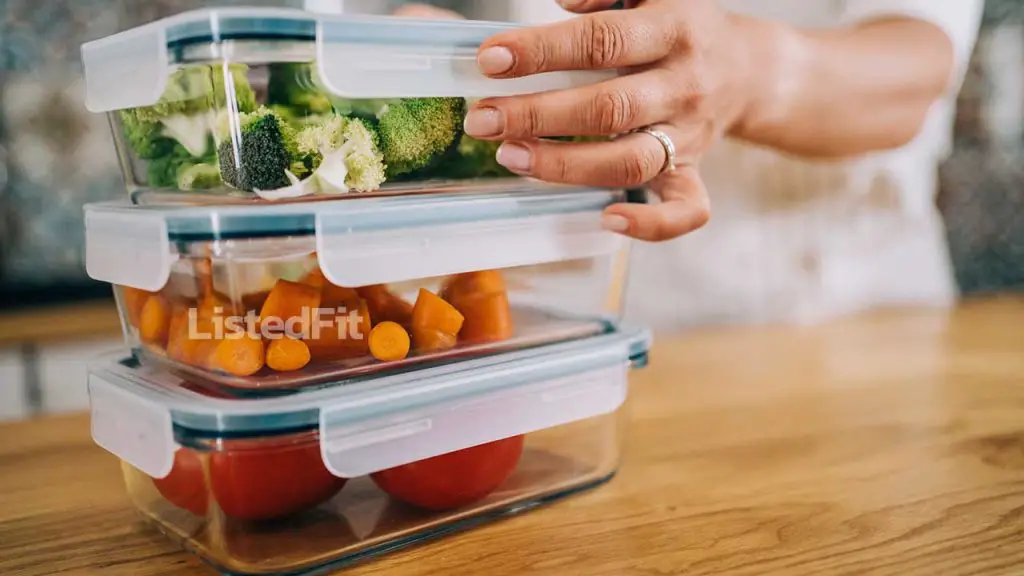
You should also consider dropping your cardio while bulking. Cardio burns a lot of calories and can decrease your appetite. During a bulking-up phase, focus on exercises that bulk muscles and nothing else. Any other exercises can be counterproductive to meeting your bulking goals.
My biggest tip-start drinking your calories! Instead of water in your protein shakes, add milk and fruit juice. These add calories. Drink a high-calorie meal replacement shake between meals.
If you have never been a big eater, you are going to have to train your body to consume more, and this doesn’t happen overnight. Try increasing your caloric intake by 200-300 calories a day for one week and then going up from there.
As a word of caution, avoid eating too much fiber and fat. These keep you satiated longer, which means you are likely going to feel less hunger.
By avoiding these foods, you may find your appetite comes back.
I’m Struggling to Get Enough Protein Without Powder -Tips & Techniques
While some people can’t seem to get enough of protein powders and add them to every meal, this is unnecessary.
You can take in adequate protein without using powders. Whether you simply don’t want to consume them because of the taste, maybe you don’t want the expense or you just prefer getting your protein from real hard food, here are my tried-and-true techniques for getting enough protein without powder supplements.
If you want to gain muscle, you need to consume protein at every meal, without fail. Because you don’t want to drink protein shakes, you are going to need to increase the number of protein sources you eat at each meal, which is not overly difficult.
- First, decide on a protein target for each meal. Take your protein intake total and spread it throughout your meals and snacks. For instance, someone who is consuming 200 grams of protein a day should aim for around 50 grams of protein at each meal and eat two snacks with 25 grams of protein each.
- Choose your protein source first. Each meal should revolve around protein. I prep my protein in advance, so I have some on hand on those busy days when cooking isn’t an option. Do one big prep on Sunday and have protein sources for the entire week.
- Low-fat dairy products are highly beneficial for adding protein. Cottage cheese, Greek yogurt, hard cheese, cream cheese, and low-fat milk are all excellent choices.
- When shopping for food, stick with whole foods as much as possible. Meats like chicken, low-fat beef, and seafood should become staples at every meal. Add eggs for increased protein. If you are vegan or vegetarian, beans are a beneficial source.
Your Struggles Do Not Define You!
Struggling is a part of life. Your struggles do not define your success, your response to those struggles does!
If you are struggling with any of the above, consider my tips for overcoming these challenges
If you’re struggling to eat enough protein, the key to success is taking your bulking phase one day at a time. One day is not going to mess up your gains. Take it slowly, and you will see new muscle gain faster than you realize.
Author
- Danny Loeb is a qualified Personal Trainer, Fitness Model and Writer. He enjoys blogging about health and fitness, messing around with Photoshop, and sharing his experiences with everyone.
Latest entries
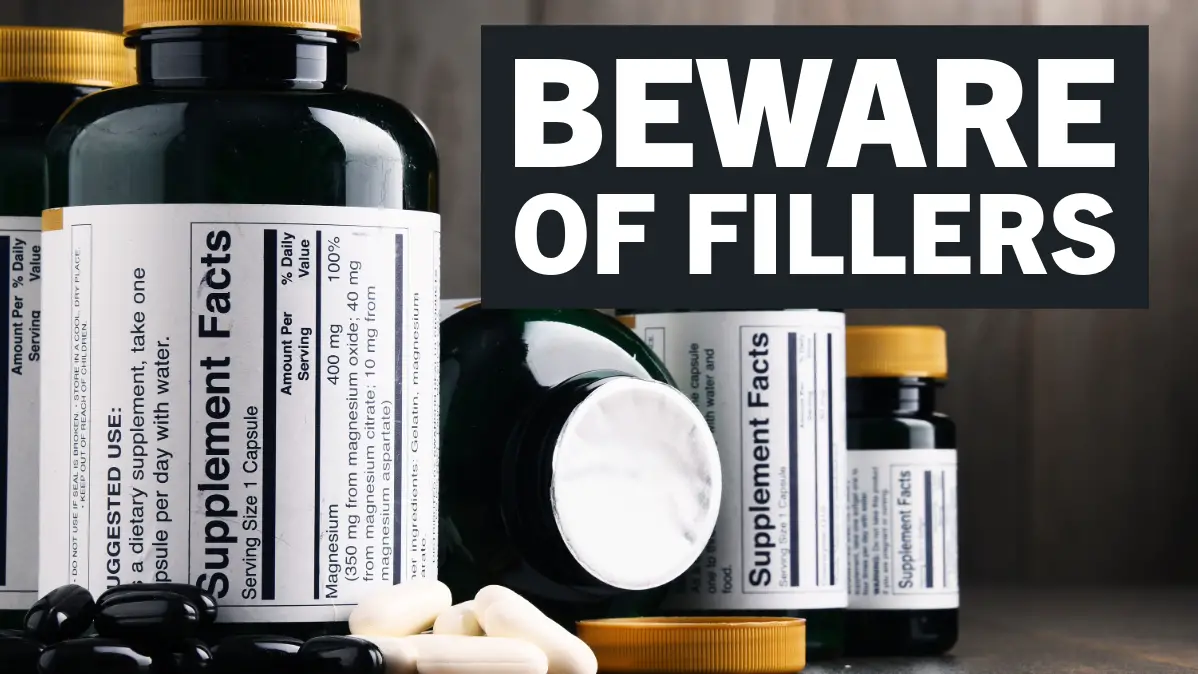 NutritionFebruary 6, 2024What Are Fillers in Supplements? – Unveiling Inactive Ingredients
NutritionFebruary 6, 2024What Are Fillers in Supplements? – Unveiling Inactive Ingredients FitnessAugust 23, 2023Best Post-Workout Foods: Great Ideas for Recovery and Results
FitnessAugust 23, 2023Best Post-Workout Foods: Great Ideas for Recovery and Results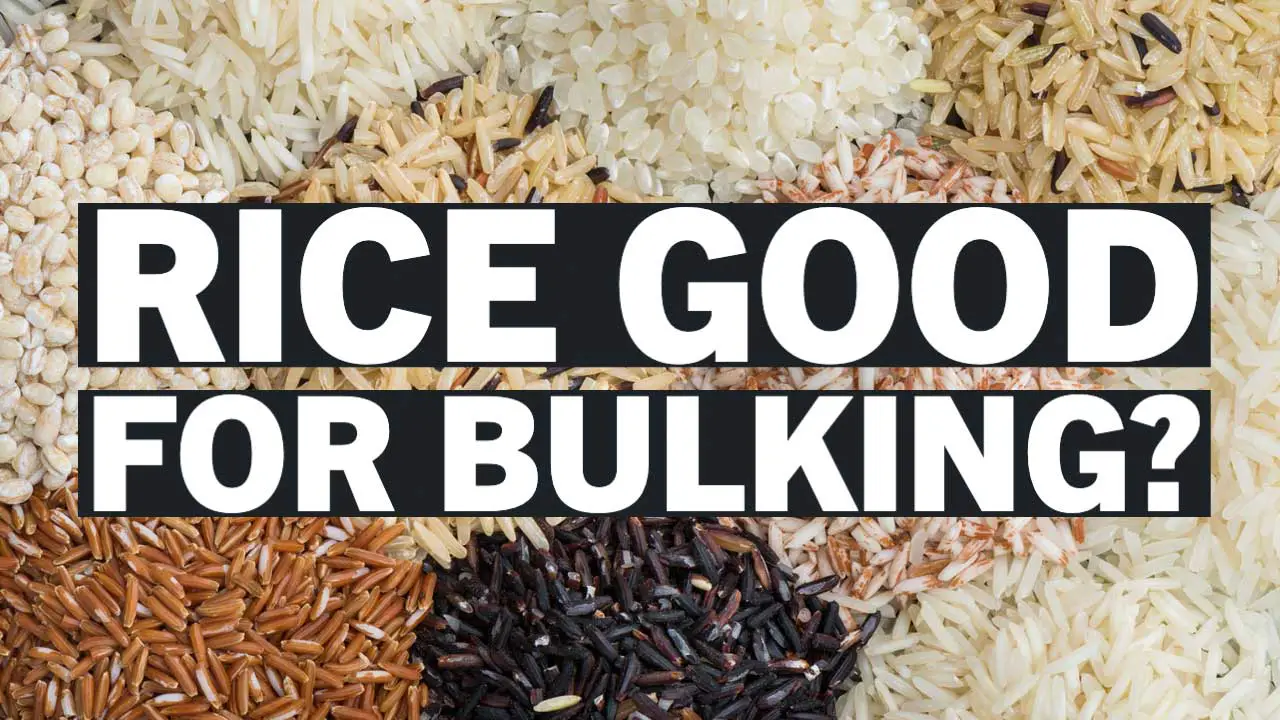 BulkingJuly 26, 2023Is Rice Good for Bulking? Unveiling the Truth
BulkingJuly 26, 2023Is Rice Good for Bulking? Unveiling the Truth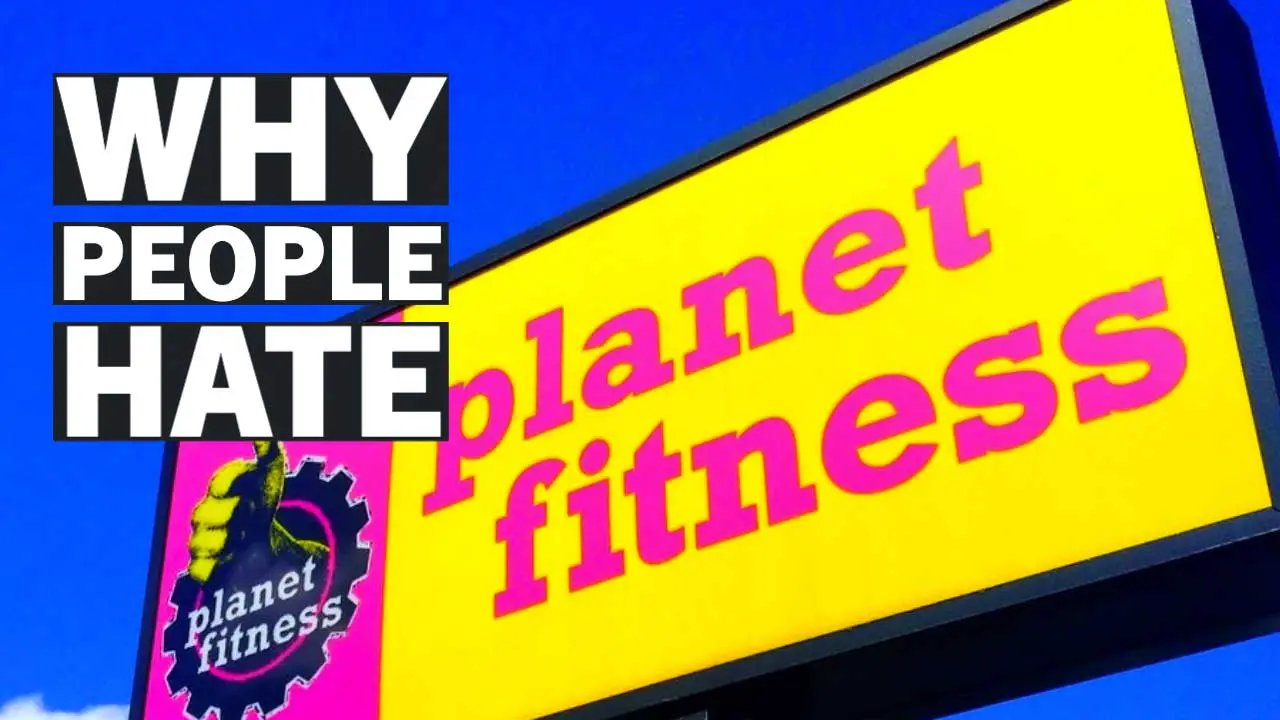 CultureJuly 15, 2023Why Do People Hate Planet Fitness? Read This Before You Join!
CultureJuly 15, 2023Why Do People Hate Planet Fitness? Read This Before You Join!
Affiliates:
This post may contain affiliate links that at no additional cost to you, the site may earn a small commission. We only recommend products we would use ourselves and all opinions expressed on this site are our own.
General Advice:
The information provided in this article is for general informational purposes only. It is not intended as a substitute for professional advice. Always consult with a qualified healthcare professional before starting any new diet, exercise program, or making changes to your health routine.
Accuracy Advice:
While we strive to provide up-to-date and accurate information, the content in this article may not reflect the most current research or medical guidelines. We encourage readers to do further research and consult with professionals for more personalized advice.
Our Recommendations:
The products and services mentioned in any of our articles are recommended based on our independent research and personal experience. We are not sponsored by any company. We aim to suggest products and services we believe are of high quality and could be beneficial to our readers.

